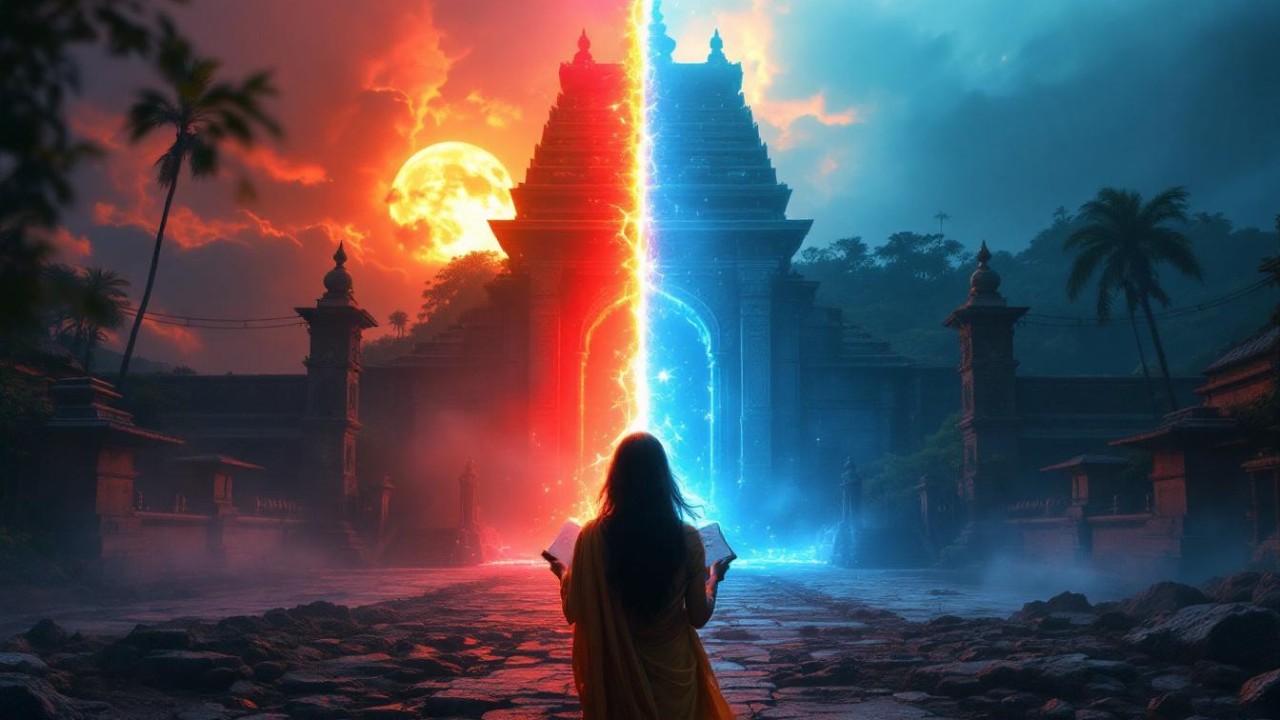A Deep Dive into the Kerala High Court Judgment That Preceded India's Landmark Supreme Court Verdict on Women's Right to Worship
⚖️ Introduction: When a Devotee Becomes a Crusader
In 2015, a quiet but courageous legal challenge emerged from Kerala. A woman named Madhavi, backed by social activists and constitutional idealists, stood before the Kerala High Court to question what many accepted as a divine tradition: the ban on the entry of women aged 10 to 50 in the Sabarimala temple.
This wasn't just a case about temple rituals. It was about the intersection of faith, gender, and constitutional freedom. Though the court didn't rule in her favour, Madhavi's petition set off a chain reaction that reached the highest echelons of Indian constitutional law.
📍 The Core Legal Issue: Equality vs. Essential Religious Practice
The petition contested:
Rule 3(b) of the Kerala Hindu Places of Public Worship (Authorisation of Entry) Rules, 1965, which allowed religious authorities to bar women of "menstruating age" from entering temples.
The discriminatory nature of the practice is outlined in Articles 14, 15, 17, and 25 of the Indian Constitution.
The legitimacy of excluding women is based on a biological characteristic while invoking the celibate vow of Lord Ayyappa (Naishtika Brahmacharya).
Madhavi's legal team argued that menstruation cannot be a valid ground for religious discrimination and that devotional spaces must comply with the spirit of the Constitution, not merely ancient custom.
🧑⚖️ Kerala High Court's Ruling (2015): Faith over Fundamental Rights
The Kerala High Court, however, ruled in favour of the Travancore Devaswom Board and upheld the centuries-old ban, reasoning that:
The restriction was rooted in an "essential religious practice" that respected the celibacy of the deity, not in patriarchal or misogynistic ideas.
The practice was limited, not a total bar on women's temple entry across Kerala.
Freedom of religion, as outlined in Article 25, allows a community to manage its religious affairs, provided that public order, morality, and health are not compromised.
Judicial restraint was necessary in matters involving deep spiritual traditions.
Thus, the court reaffirmed the legitimacy of religious custom, prioritising group autonomy over individual rights in this context.
📌 Key Observations from the Judgment:
The court held that tradition cannot be lightly interfered with, especially if it constitutes a long-standing religious identity.
It acknowledged the sensitive nature of menstruation yet stopped short of recognising gender-based exclusion as constitutionally problematic.
It emphasised that secular courts cannot rewrite religious doctrine, a stance that would later be vigorously contested in the Supreme Court.
🔥 The Impact: A Quiet Verdict, A Loud Consequence
While Madhavi's plea was dismissed, it ignited a larger constitutional debate. Her petition:
Forced public discourse on menstruation, women's autonomy, and temple entry rights.
Inspired nationwide protests, including marches by women attempting to enter Sabarimala.
Became a foundational case cited and challenged in the 2018 Sabarimala Supreme Court hearing.
In 2018, the Supreme Court in Indian Young Lawyers Association v. State of Kerala overturned the Kerala High Court's reasoning, holding:
🔹 The ban violated Articles 14, 15, 17, and 25
🔹 The practice was discriminatory and not essential to Hinduism
🔹 Customs cannot override constitutional morality
🔹 Devotion does not come with gender tags
🧠 Why Madhavi v. State of Kerala Still Matters
Even though the verdict did not favour Madhavi, her case remains historic for the following reasons:
✅ It was the last judicial affirmation of the ban before the tide turned.
✅ It became the litmus test for whether the religious rights of institutions can override individual fundamental rights.
✅ It represents a classic clash: "Tradition vs. Transformation".
✅ It showed that constitutional battles are often won in stages, with each case building upon the last.
💬 A Final Word:
"Sometimes, history is changed not by the Judgment rendered but by the questions raised. Madhavi dared to raise a question that echoed across the nation: Is exclusion ever divine?"

